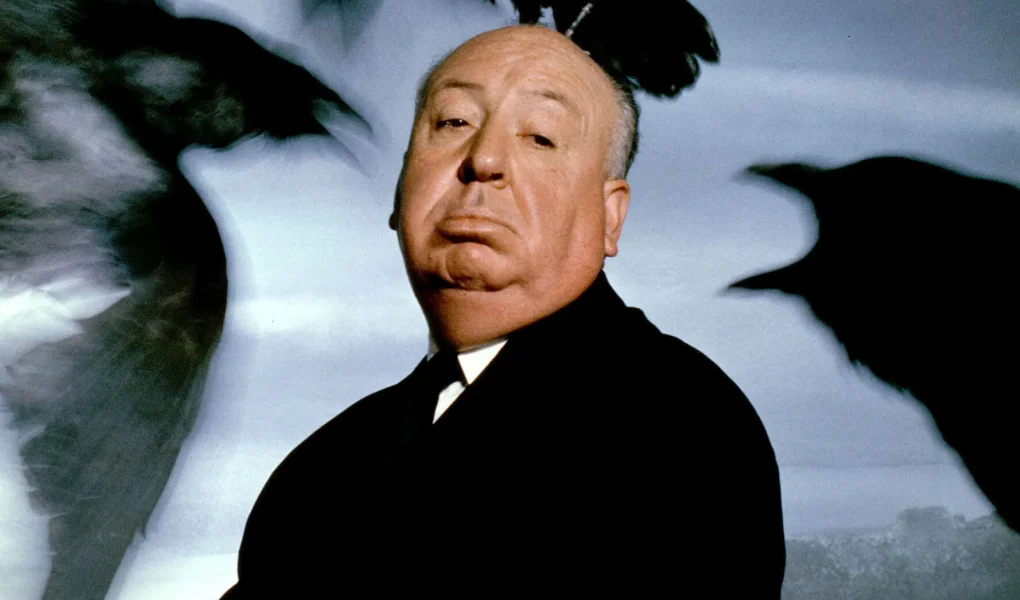lotusyouthcouncil.com – Alfred Hitchcock, often hailed as “The Master of Suspense,” remains one of cinema’s most influential and iconic directors. His unique ability to blend storytelling with psychological tension has left an indelible mark on the world of film. From his innovative techniques to his unforgettable characters, Hitchcock’s legacy continues to captivate audiences even decades after his passing.
Early Life and Career
Born on August 13, 1899, in London, England, Alfred Hitchcock began his career in the film industry as a title card designer for silent films. His early work in the British film industry laid the foundation for his future success. Hitchcock’s directorial debut, “The Pleasure Garden” (1925), showcased his early potential and keen eye for visual storytelling.
Breakthrough and Hollywood Success
Hitchcock’s breakthrough came with the release of “The Lodger: A Story of the London Fog” (1927), a suspenseful thriller that introduced audiences to his signature style. His transition to Hollywood in 1939 marked a new chapter in his career, leading to a series of critically acclaimed films, including “Rebecca” (1940), which won the Academy Award for Best Picture.
The Signature Style of Hitchcock
Hitchcock’s films are renowned for their meticulous attention to detail, innovative camera techniques, and the creation of suspenseful atmospheres. He often employed visual storytelling, such as the use of the “MacGuffin,” a plot device that drives the story forward while keeping viewers engaged. His mastery of the “dolly zoom” in “Vertigo” (1958) is a testament to his innovative approach to filmmaking.
Iconic Films and Cultural Impact
Hitchcock’s filmography includes some of the most iconic films in cinematic history. “Psycho” (1960), with its shocking shower scene, redefined the horror genre and introduced audiences to a new level of suspense. “Rear Window” (1954) and “North by Northwest” (1959) further solidified his reputation as a master storyteller, combining thrilling narratives with complex character development.
Influence on Modern Filmmakers
Alfred Hitchcock’s influence extends beyond his own era, inspiring countless filmmakers and directors. His techniques and narrative structures have been studied and emulated by modern filmmakers, ensuring that his legacy endures. Directors like Martin Scorsese, Steven Spielberg, and Christopher Nolan have cited Hitchcock as a significant influence on their work.
Conclusion
Alfred Hitchcock’s contribution to cinema is immeasurable. As the Master of Suspense, he revolutionized the thriller genre and left an enduring legacy that continues to inspire filmmakers and entertain audiences worldwide. His films remain timeless classics, a testament to his genius and creativity in the art of filmmaking.

